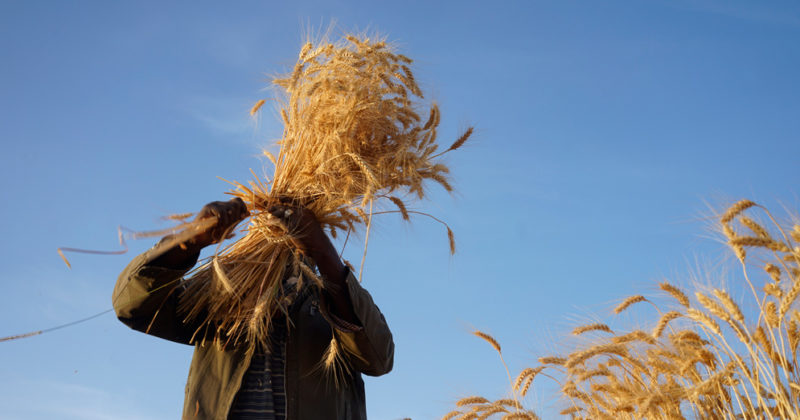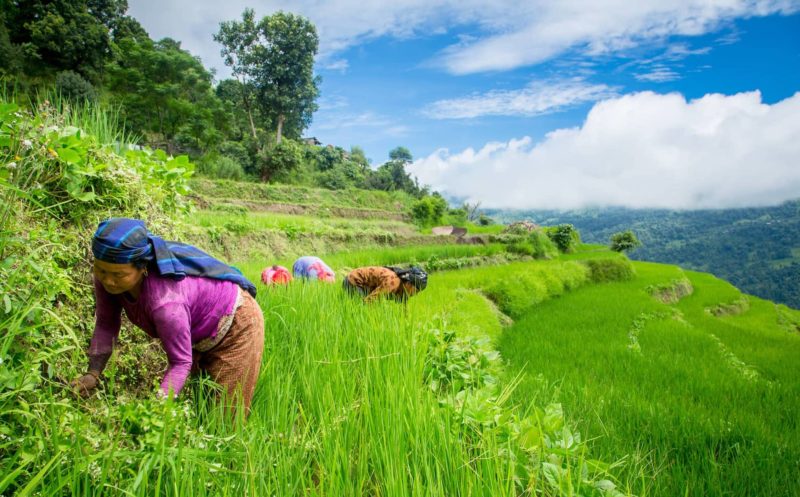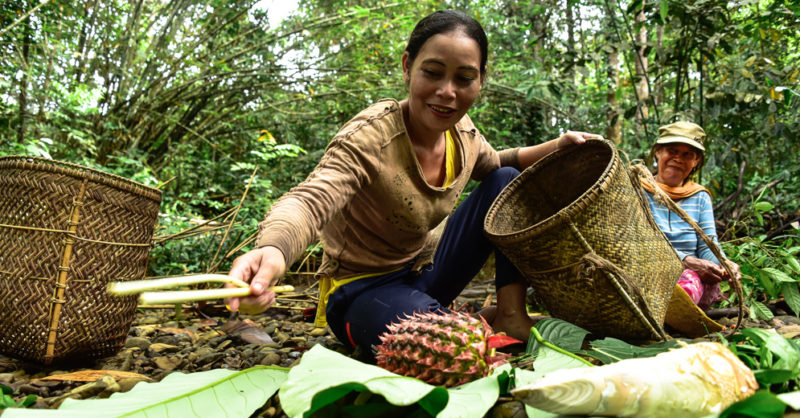
Agripreneurship Alliance
Adopting a pragmatic, action orientated, evidence based, youth focused and rapid prototype approach, this expert group, drawing skills, knowledge and expertise from non-profit, university and business sectors, will develop and pilot a cloud-based, blended learning educational course that will support young agripreneurs across Africa to develop their business ideas.
Read more


